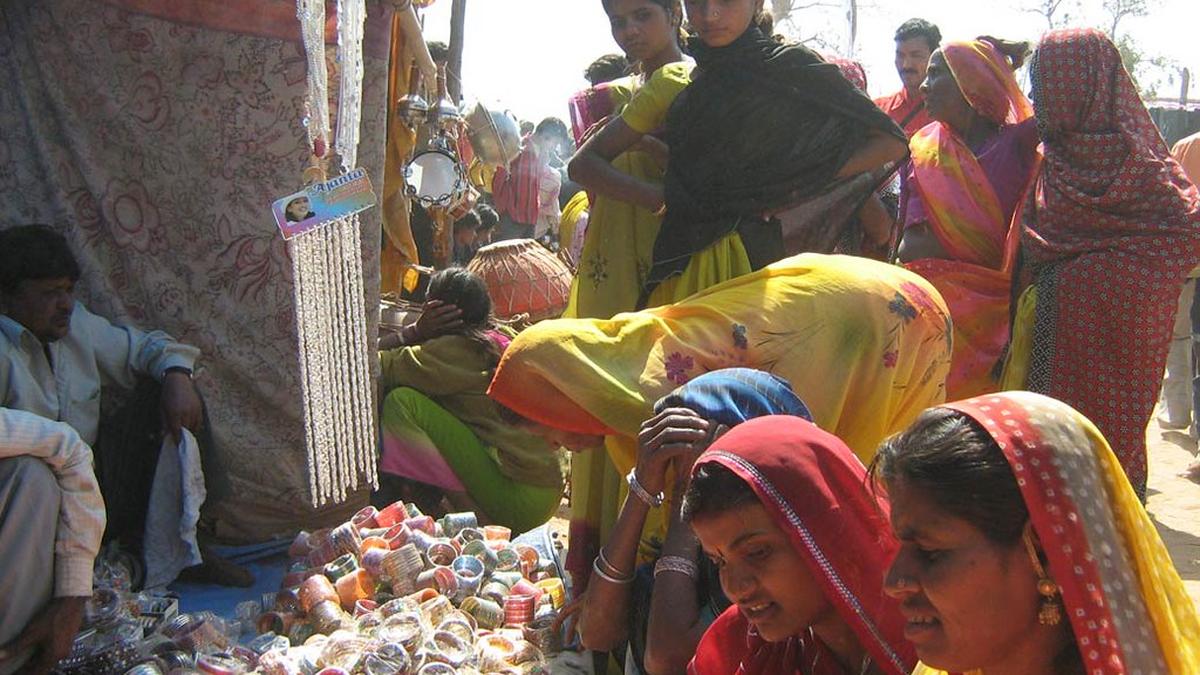Mass sterilisation of the Bonnet macaque, a widely seen primate species, may be undertaken in Kerala as part of measures to control its population.
The Kerala Forest Department will shortly approach the Union Ministry of Environment, Forests, and Climate Change seeking permission to carry out sterilisation of the species endemic to South India.
Farmers and people living in forest fringes have complained about crop loss caused by the troops of monkeys. The animals, according to farmers, damage a wide variety of crops, including coconuts and agricultural crops. The presence of the species has been reported in almost all the eco-tourism centres of the State.
The department had drawn up a “Mission Bonnet macaque” as part of a 10-point programme to reduce instances of human-wildlife conflicts. The sterilisation programme, along with other initiatives, is part of the mission, said Pramod G. Krishnan, Chief Wildlife Warden (CWW), Kerala.
After wild pigs, the Bonnet macaque is the second species for which population-control measures are being proposed. Though wild pigs are being culled, there are no plans to cull the monkeys. The proposal is to sterilise the troops in specific locations and release them back into their territories. The sterilised animals will be sheltered for some time for the healing of their wounds. The State had earlier made some isolated attempts to sterilise the monkeys, said Mr. Krishnan.
The project requires the permission of the Union Ministry since the species is included in Schedule I of the Wildlife Protection Act. The species is included in Schedule 1, considering the fall in their overall population. Besides sterilisation, the department plans to implement waste management programmes in eco-tourism centres where these animals feed on leftover food. The practice of visitors feeding the animals will be thoroughly discouraged, he said.
The International Union for Conservation of Nature (IUCN) has included the species in the “vulnerable” category considering its declining population. Studies indicate that the species faces serious population decline, even up to 65%, in some parts of its distribution range. Hunting, persecution, removal of native avenue trees, feeding by humans, and displacement by Rhesus macaques in the northern parts of the range are believed to have contributed to the decline. The presence of the species has been recorded in Andhra Pradesh, Goa, Karnataka, Kerala, Maharashtra, Tamil Nadu and Gujarat, according to the IUCN assessment.
Incidentally, the Ministry had earlier shot down the proposal of the State government to classify wild pigs as vermin.



.png)
.png)
.png)
















 5 hours ago
2
5 hours ago
2









 English (US) ·
English (US) ·